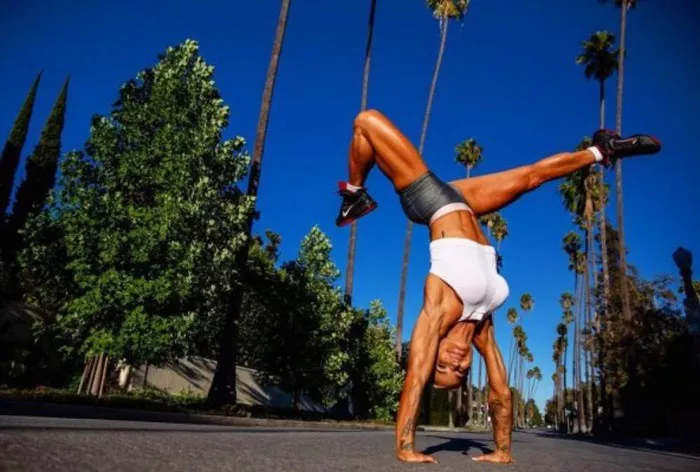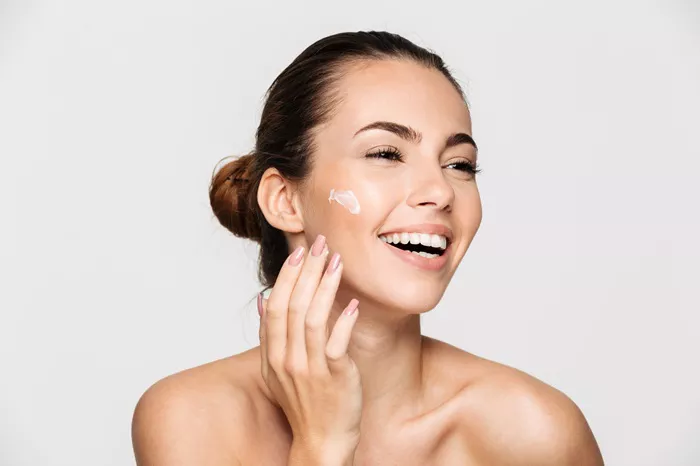In today’s digital age, social media influencers are swiftly replacing credentialed fitness experts, spreading misinformation that can jeopardize the physical and mental well-being of their followers.
In the vast and ever-evolving world of social media, quick fixes and miracle cures abound. Lemons, chia seeds, and ginger—consume them every morning, and a flat stomach is guaranteed, or so TikTok might have you believe.
Misinformation thrives on social media, particularly in the realms of fitness and health. For younger generations, these platforms have become primary sources of information. While social media’s rapid dissemination of content has its advantages, it also fosters a dangerous environment where users often accept misleading or false information as truth. This trend is especially concerning in the fitness industry, where people seeking advice on weight loss or exercise are increasingly turning to influencers rather than certified experts.
In the age of the “influencer,” anyone can claim to be a fitness guru. Many individuals who have lost weight themselves now believe they possess the credentials to offer fitness advice, often with little to no formal training. The absence of oversight on who can share fitness information online allows these influencers to easily amass followers, simply by donning gym attire and putting on a smile for the camera.
While certified professionals aim to provide accurate and evidence-based information, many influencers are driven by profit and engagement metrics. Social media algorithms tend to prioritize content that generates the most interaction, regardless of its accuracy. To further complicate matters, influencers frequently partner with fitness brands to promote products, leading to the dissemination of inauthentic and sometimes blatantly false information, all in the name of earnings.
A study conducted by Fortune Well evaluated over 480 fitness influencers, revealing that less than 20% had any formal credentials. These self-proclaimed experts often promote unrealistic goals and perpetuate fitness myths, which uninformed users eagerly embrace. Some influencers even venture into creating meal plans and cookbooks, despite having no nutritional background beyond their personal experiences.
On platforms like TikTok, anonymous accounts also contribute to the spread of misinformation. These videos often lure viewers with promises like “Become unrecognizable in 30 days,” outlining extreme and impractical actions, often targeting teenagers. Recommendations like cutting out all sugars, fats, and carbs, or performing 100 squats daily, are presented as foolproof methods for achieving rapid results. However, these practices are far from effective and can be harmful.
The consequences of following misguided fitness advice can be severe, both physically and mentally. Incorrect exercise techniques, unverified diet plans, and unregulated health supplements can lead to injuries or other health complications. Mentally, the unrealistic standards and body image expectations set by these influencers can fuel anxiety, depression, and unhealthy habits. Additionally, the time, effort, and money spent on ineffective advice only add to the frustration and disappointment of those trying to improve their health.
To protect yourself from these dangers, it’s crucial to seek fitness information from certified professionals and ensure that the sources are scientifically backed and evidence-based. While the desire to improve one’s health is commendable, the rise of fitness influencers has, in many cases, done more harm than good. Before accepting any online fitness advice, it’s essential to scrutinize its credibility and be mindful of the potential consequences of misinformation.
By promoting and adhering to accurate, fact-based fitness information, we can all contribute to a healthier, more informed society—one rooted in facts rather than fads.
[inline_related_posts title=”You Might Be Interested In” title_align=”left” style=”list” number=”6″ align=”none” ids=”11847,11801,11769″ by=”categories” orderby=”rand” order=”DESC” hide_thumb=”no” thumb_right=”no” views=”no” date=”yes” grid_columns=”2″ post_type=”” tax=””]

































